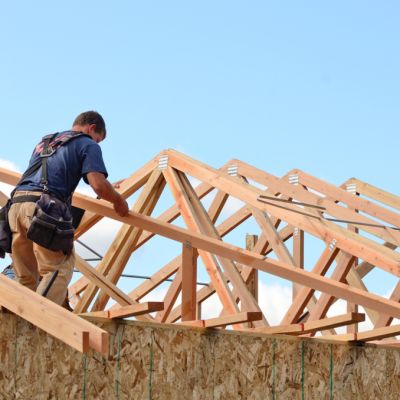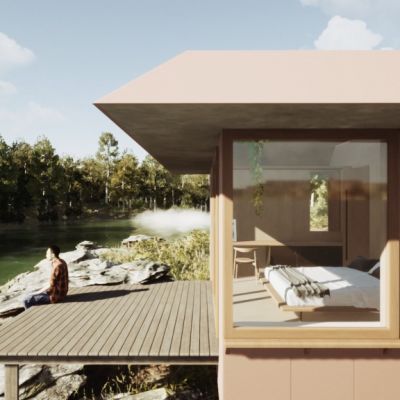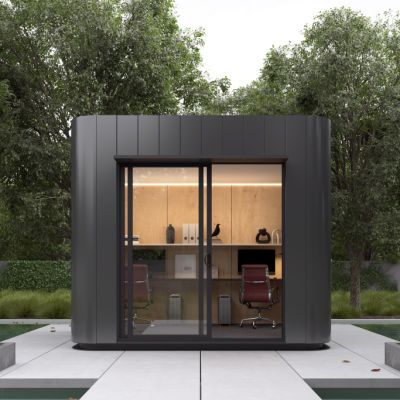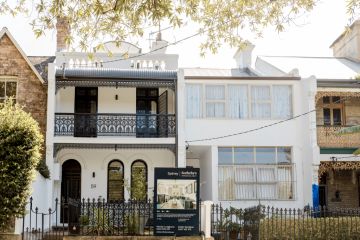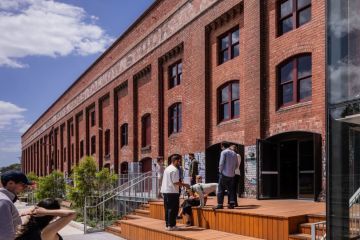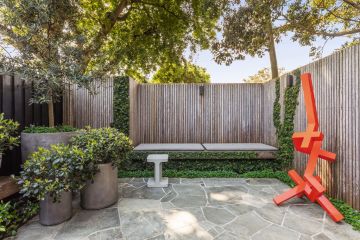'It had so much character': Why relocating and restoring Queenslanders is big business
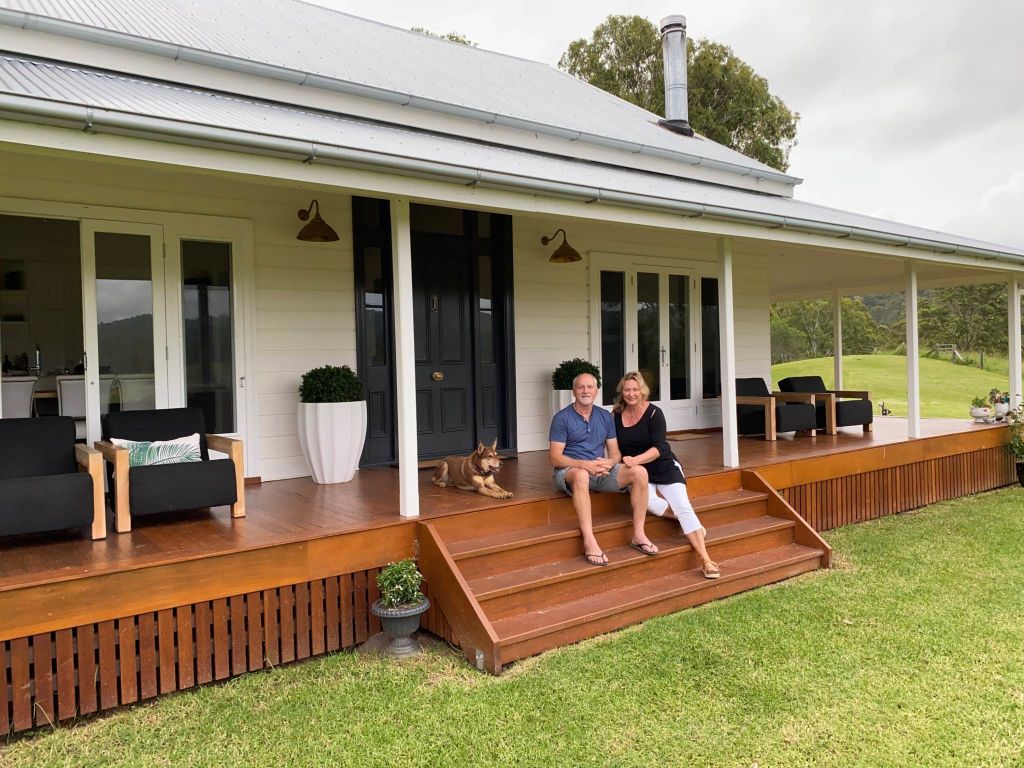
Rick Biddle discovered his dream home on the way to golf.
“It was completely by chance,” he says. “The house caught my eye as I drove by, so I stopped in to have a look.”
His dream home was a run-down, yet character-filled, 120-year-old farmhouse, temporarily sitting at a house relocation depot on Brisbane’s northside.
Rick and his wife Sylvia had recently bought 100 acres at Peachester and were going to install a shed to use as a weekender. But finding the farmhouse stopped that plan in its tracks.
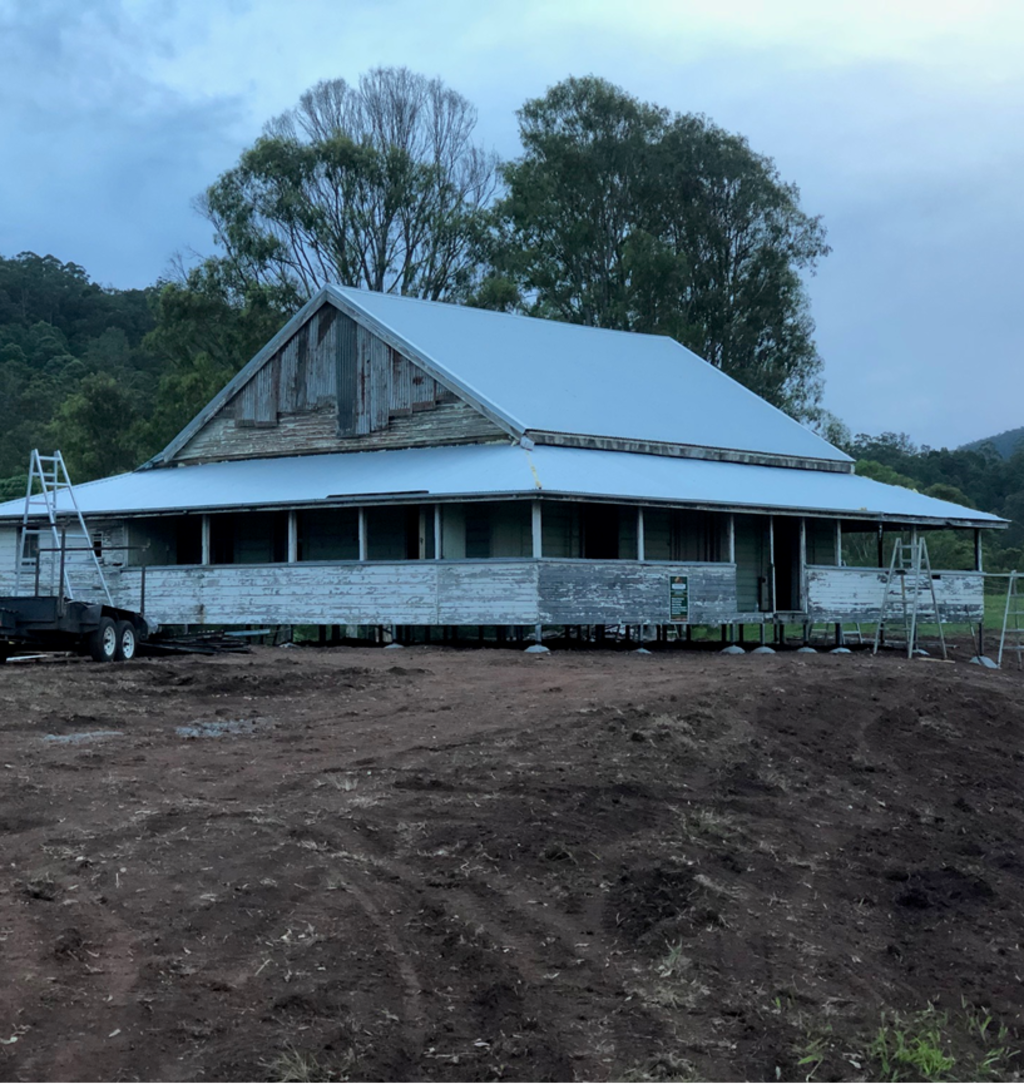
“It had so much character,” he says. “It had a two-metre-wide hallway and a big beautiful entrance. We loved the big verandahs and could see how we could open it up and take advantage of the views of our block.”
The home had been relocated from Fairfield in Brisbane’s south, where a childcare centre was being built. Rick and his wife purchased the home for $190,000. He says it was “the dearest one of the lot but had the most character.”
He left it at the depot for around eight months while they sold their family home. Eventually, they were able to move the house – in three pieces – into its new spot. This was a precarious exercise, as it had to be transported up a narrow, winding dirt road.
“As it came up the hill looking all bedraggled, I said to my wife, ‘We paid money for this?’ We couldn’t imagine how it was going to be a home again,” says Biddle.
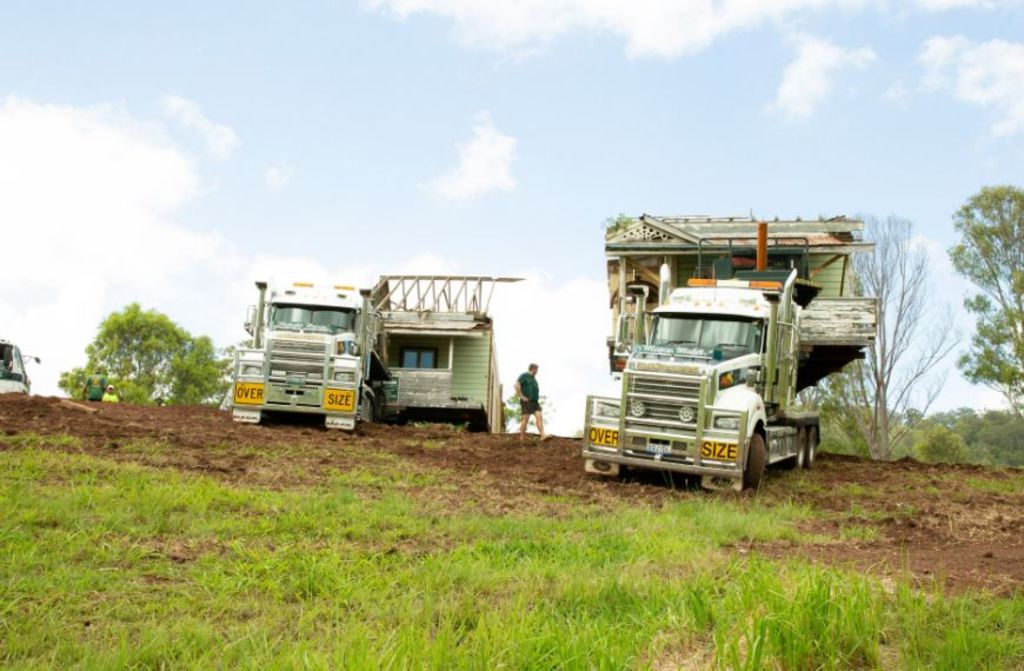
Within days, the house had been put back together by the relocation company. Rick and his wife then embarked upon seven months of renovations to make it the magnificent home it is today.
Sally Wright from David Wright House Movers says that relocating a home is often a better option than building.
“A lot of builders are booked out for 18 months, and customers don’t want to wait. And they can pick the house they want,” she says.
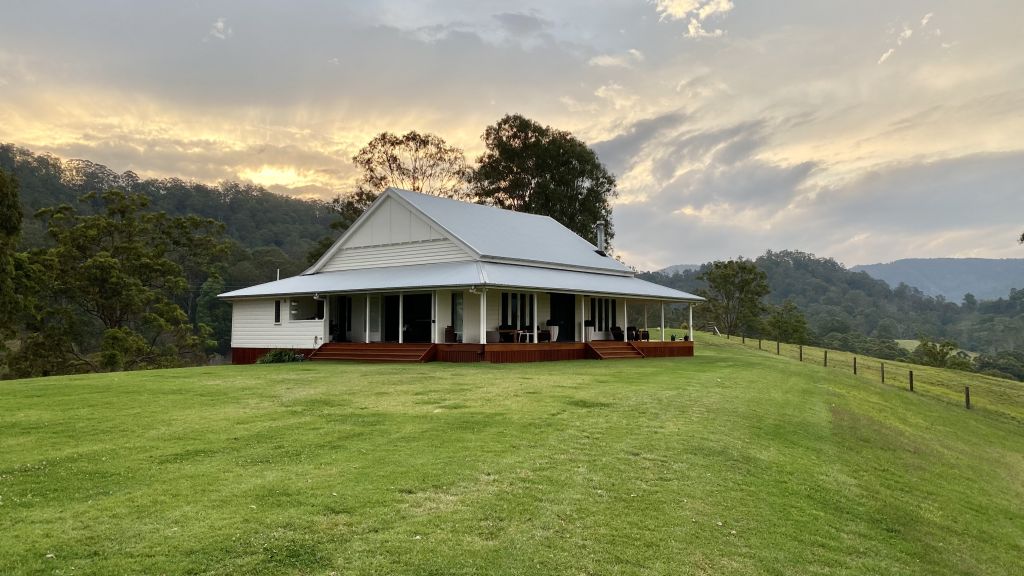
You can buy a relocatable home for as little as $80,000, making it more affordable for many people. Many of the homes available need a lot of renovation, while others are in top condition needing only to stumped, plumbed in and for the electricity to be connected.
Wright says there’s always been a demand for character homes.
“These houses are beautiful, and we find a lot of our customers are looking for traditional character homes,” she says.
Wright says as well as choosing the house, customers must organise soil tests, plumbing and power, adding up to around $10,000. They also seek approval from the local council on where the house will be placed. Many councils ask for a bond of $20,000. But her team helps them through each step of the process.
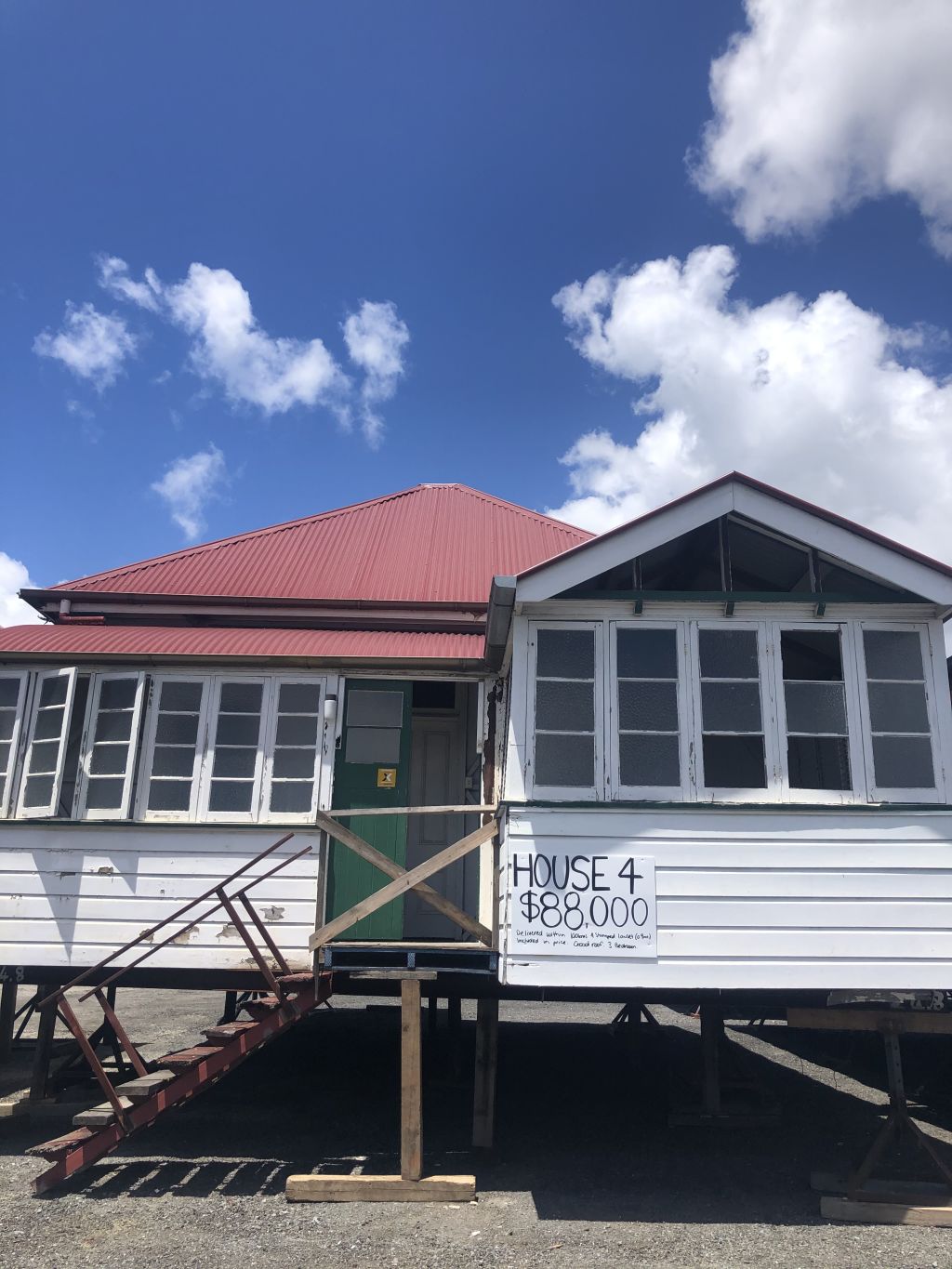
“The client pays a bond to the council as a guarantee that they’re going to finish the job,” says Wright. “Every council has different timeframes and restrictions. Once we get the approval, we’re good to go.”
It may seem like an easy option, but many banks don’t lend to pay for a relocatable house, only lending against the land purchase.
Rick says it wasn’t the cheapest home or the cheapest renovation, but he and his wife couldn’t be happier with the way it has turned out.
“Sourcing the farmhouse was a really exciting part of the journey,” he says. “It has so much history. We tend to knock everything down in Australia, so it’s lovely to see this home get a second life.”
We recommend
States
Capital Cities
Capital Cities - Rentals
Popular Areas
Allhomes
More
